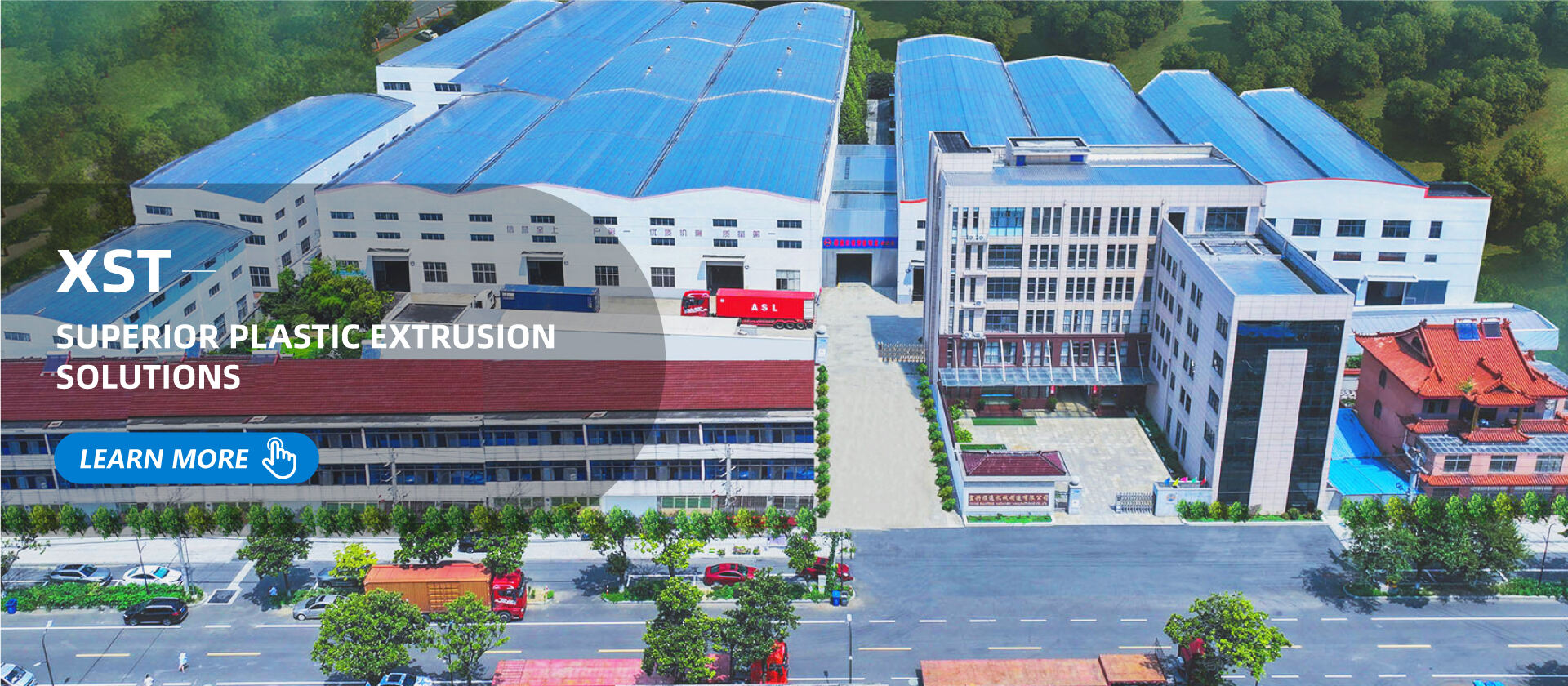Machine Stretch Film: Elevating Packaging Efficiency and Load Protection Across Key Industries
In the logistics, distribution, and 3PL (Third-Party Logistics) sector, machine stretch film is a cornerstone of high-volume pallet packaging, driven by the boom in e-commerce and global supply chains. Designed to work with automatic or semi-automatic wrapping machines, it delivers uniform tension across every pallet—eliminating the uneven wraps common with hand film and reducing film waste by 15–25%. This consistency is critical for securing heavy or irregular loads, such as industrial machinery parts, bulk retail inventory, or stacked cartons, preventing shifting and damage during transit. For warehouses handling hundreds to thousands of pallets daily, machine stretch film cuts labor time (wrapping a pallet in 60–90 seconds vs. 5+ minutes manually) and lowers total packaging costs, making it indispensable as 3PLs and distributors scale to meet growing order volumes.
Within the food, beverage, and cold chain industry, machine stretch film meets strict safety and functional demands that generic packaging cannot. It complies with food contact standards (e.g., FDA, EU Regulation 10/2011) to avoid contamination, while its puncture-resistant design stands up to sharp edges of bottled beverages, canned goods, or rigid food containers. When paired with cold-chain wrapping machines, it maintains tight seals in refrigerated or frozen storage (down to -20°C), preventing moisture ingress and preserving the freshness of produce, dairy, and frozen foods. As consumers demand fresher, longer-lasting food products, and retailers tighten cold-chain compliance, machine stretch film becomes a non-negotiable for brands looking to reduce spoilage and uphold quality.
In specialized manufacturing sectors—including automotive, electronics, and construction—machine stretch film is tailored to solve industry-specific packaging challenges. For automotive suppliers, it can be formulated with anti-scratch additives to protect painted parts or metal components during shipping, while automatic wrapping ensures no contact damage. In electronics manufacturing, anti-static machine stretch film shields sensitive components (e.g., circuit boards, semiconductors) from electrostatic discharge, a top risk for product failure. For construction material suppliers, thickened machine stretch film with UV resistance secures lumber, pipes, or roofing materials against outdoor elements during job site storage. As these industries prioritize damage reduction and regulatory compliance, the demand for customized machine stretch film (matched to their unique load and environmental needs) continues to grow.

